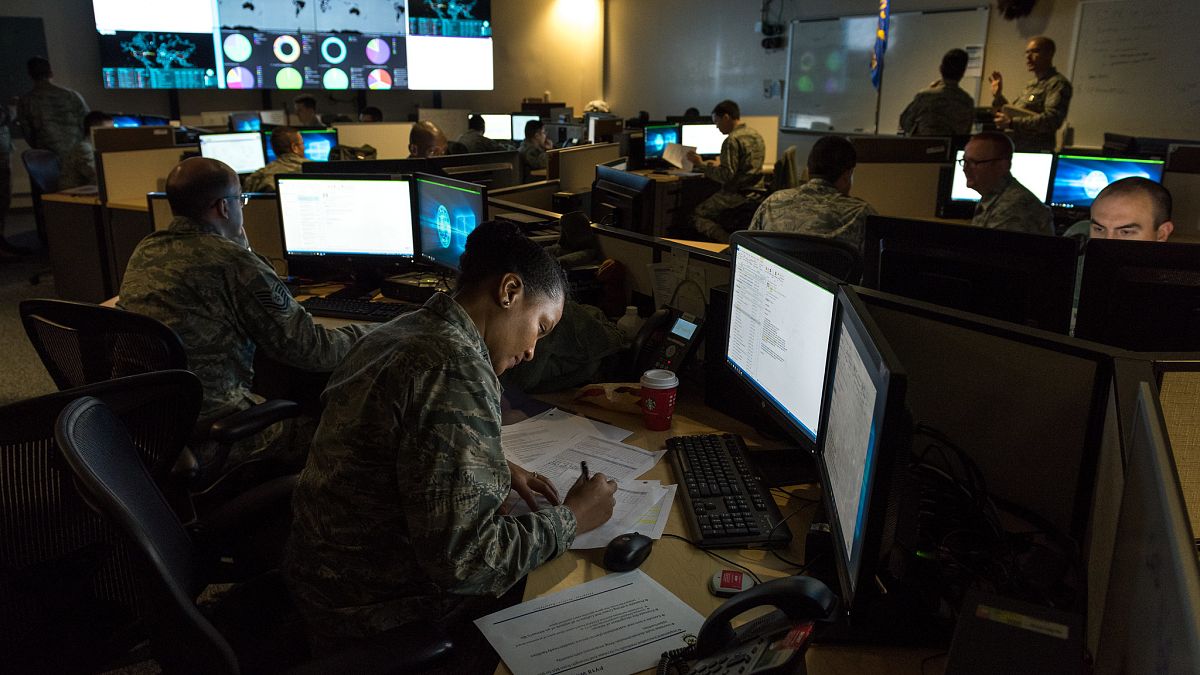The rules add to cybersecurity measures already in place, such as the Network Information Systems (NIS2) directive.
Lawmakers and national governments last night (5 March) backed measures aimed at improving collective responses against cyber-threats by setting up an EU-wide infrastructure with cyber hubs across the bloc.
These should share information, and detect and act on cyber threats in case of major incidents, as proposed under the Cyber Solidarity Act by the European Commission in April 2023.
In yesterday’s negotiations between the commission, parliament and member states, lawmakers also asked for more funding for the EU Cybersecurity Reserve, to support countries and EU institutions when dealing with large-scale incidents.
When presenting the rules last year, EU industry commissioner Thierry Breton said that it takes on average 190 days to "detect a sophisticated attack".
"We need to drastically reduce this time to a few hours. [The national hubs] will scan the network using artificial intelligence technologies and detect weak signals of attacks. This common European advanced detection infrastructure will form a real European cyber shield," Breton said.
The rules add to cybersecurity measures already in place, such as the Network Information Systems (NIS2) directive, under which companies in critical sectors such as energy and water supplies need to share information on major incidents with national authorities.
CSA
The negotiators also agreed to amend the EU’s Cyber Security Act (CSA), rules that date back to 2019, by adding European certification schemes for so-called managed security services. Through the changes, these services – for example security audits – can apply for certification schemes to help increase their quality and avoid fragmentation within the EU.
Under the CSA, the commission can ask the EU’s Cybersecurity Agency ENISA to work on these voluntary certification schemes. Of the three certificates proposed under the CSA since 2019, only one has been approved, on baseline ICT products; two others on cloud services and on 5G are in progress.
Euronews reported last month (20 February) that the commission is seeking feedback from industry and national governments on the functioning, efficiency and scope of work of ENISA as part of a review of the CSA which needs to be completed by 28 June.
Maltese lawmaker Josianne Cutajar (S&D), who was in charge of steering the work on the CSA amendments through parliament, said in a response that the rules will ease the compliance of SMEs.
"This provisional agreement recognises the importance of supporting SMEs in light of the implementation of the new act, such as through more financial and technical support, a clearer definition of managed security services, and acknowledging the challenges posed by the existing skills gap,” Cutajar said.
Both legislations will now have to be formally endorsed by both parliament and member states; lawmakers are scheduled to vote in the 22-25 April plenary session in Strasbourg.



